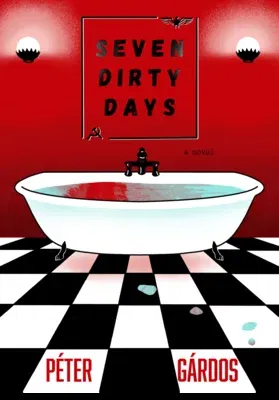Spanning a century of European history and locales including Budapest,
Berlin, Paris, and Moscow, Seven Dirty Days follows the fate of a
mysterious photograph that reveals--in seven sordid chapters--shocking
accounts of the treatment of women and the treatment of Jews. A
filmmaker's powerfully cinematic narrative, it also gives voice to women
in control of their fates, and, throughout, gives us glimmers of hope
for a better future.
With relentless narrative force punctuated by an exhilarating comic
touch, Péter Gárdos weaves a story as absorbing, suspenseful, and
inventive as it is sweeping in the century of Central and Eastern
European history it covers; a story that takes the reader in stunningly
credible detail from pre-World War I Budapest and Berlin to 1930s Moscow
and Paris, post-World War II provincial Kazakhstan; and then back again
to Budapest, first in the communist era and, finally, in the
twenty-first century, where, on board an international express train en
route to Munich, no less, things come full circle in a scene that comes
within a hair's breadth of murder.
This story of social conflict, political upheaval, oppressor/oppressed
(e.g., man/woman, fascist/Jew), betrayal, and so much more is rendered
with great sensitivity even amid its unsettling depictions of sexual
depravity and sexual violence. Its transnational reckoning with a
century of history is as powerful as any that has come out of Europe in
recent years; the almost playful prose brings a story that in another
writer's hands might simply be depressing fully to life.

